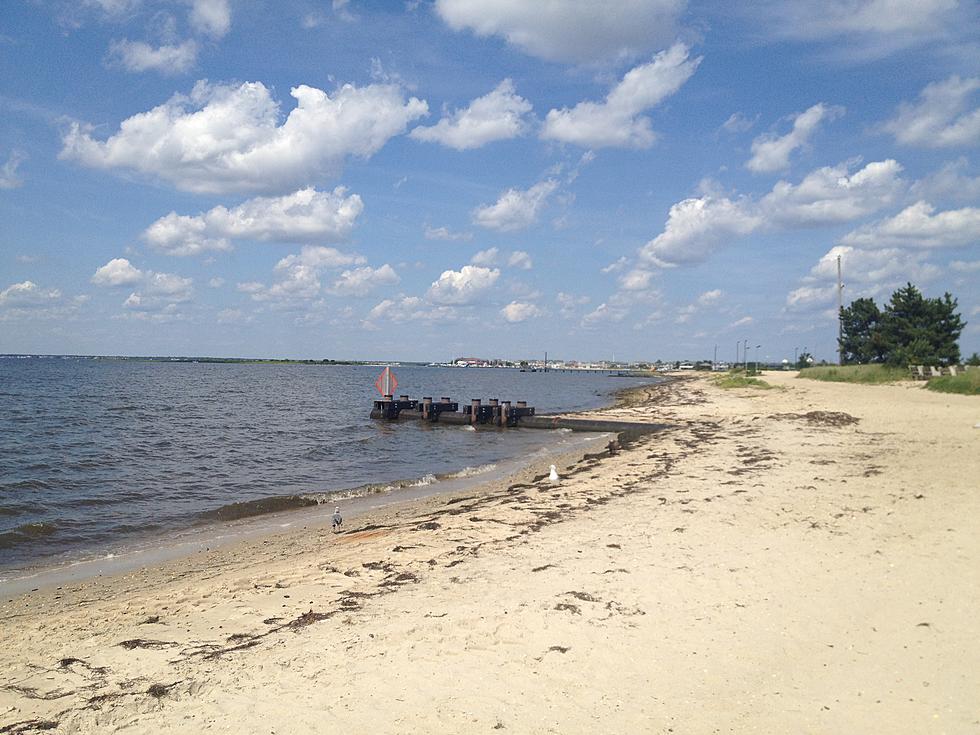
How is the drought impacting Barnegat Bay?
The dry weather that New Jersey's experiencing means there's less storm water runoff pollutants, but the lack of significant rainfall is having a negative impact on Barnegat Bay, experts say.
Stanton L. Hales, program director with the Barnegat Bay Partnership, explained why it's counterintuitive.
"The storm water that runs into the bay is not all the same. The so-called first flush, the first 15-20 minutes of every event, tends to carry a disproportionately higher load of the materials and pollutants into the bay, so it's those little daily rains, those first 15-20 minutes that carry a lot of the problems," he said.
"When you get long, heavy sustained rains, the later parts of that tend to be a little cleaner, and that provides a lot of water than can soak into the ground and basically renourishes those ground water supplies."
The current water levels in the bay haven't been this low since 2002, records show.
Shallow water tables are down about 2 to 3 feet and Hales pointed out that a lot of that shallow ground water sustains the streams, creeks and the tributaries that flow into the larger rivers.
Although scientists really don't know the impact of a drought on ecosystems and everything living in it, Hales said "we do know that as you reduce those flows there's less capacity for those streams and tributaries to sustain the life of those streams."
Hales explained that in drought years, water chemistry also can change, leading to harmfal algal blooms like brown tides.
Hales noted that he spoke with a state Department of Environmental Department biologist this week who reported that some of these things are showing up in water samples, but they're nowhere near bloom concentrations and they're so few in the water that there's hardly enough to count.
Hale says some people may not be taking the drought emergency as seriously as they need to.
"Right now everybody needs to be doing what they can to not use water wastefully, so take care of our water supplies so they can take care of us."
Contact reporter Dianne DeOliveira at Dianne.DeOliveira@townsquaremedia.com.
Also on New Jersey 101.5:
More From New Jersey 101.5 FM









